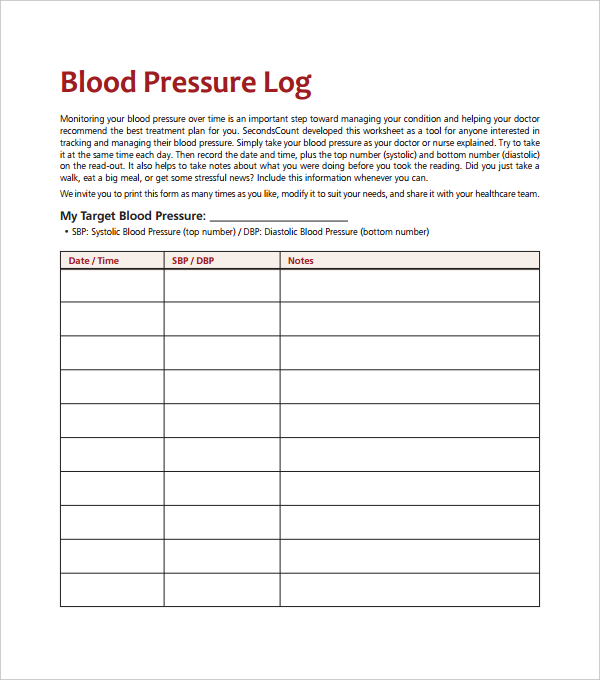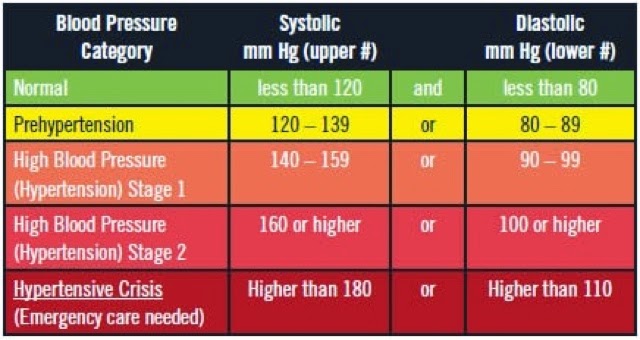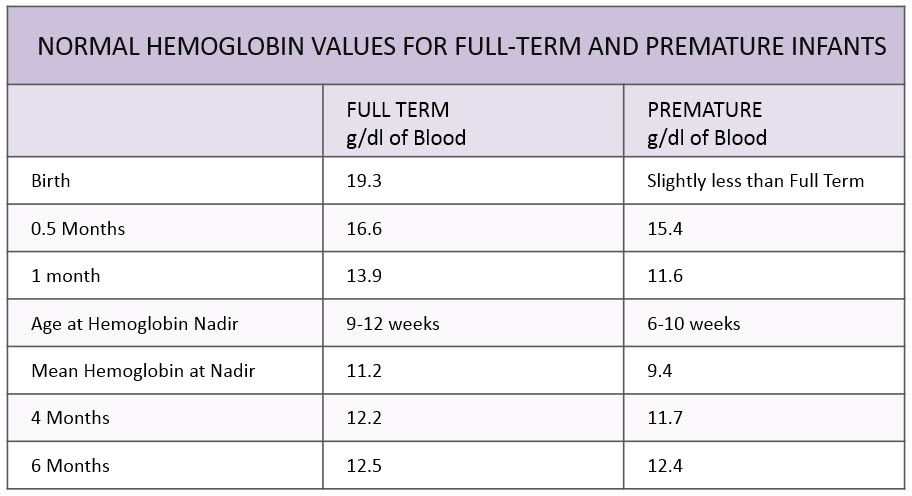

In 2013, experts released guidelines that increased the normal blood pressure for seniors. The new blood pressure guidelines for seniors met a lot of criticism from the medical community. The new guidelines imply that seniors who were once considered borderline hypertensive are now certified hypertensive. Now, new blood pressure guidelines consider a blood pressure of 130/80 mm Hg as hypertension stage 1. In the past, the blood pressure guidelines for seniors set the threshold for hypertension at 150/80 mm Hg. In 2017, the American Heart Association and several health organizations lowered the numbers used to detect hypertension (high blood pressure). This condition puts seniors at higher risk for high blood pressure. When we age, our arteries naturally harden, making it more difficult for our heart to pump blood. High blood pressure indicates an underlying medical condition and can cause problems like heart disease, heart attack, or stroke. Usually, the systolic number is written above or before the diastolic number, such as 120/80 mm Hg (mm Hg means millimeters of mercury). Your blood pressure reading uses these two numbers. Between heartbeats, when your heart relaxes, your blood pressure drops. Your blood pressure is highest when your heart beats, pumping the blood. Understanding Blood Pressureīlood pressure is the force of your blood pushing against the walls of your arteries.Įach time your heart beats, it pumps out blood into the arteries.

Understanding these guidelines can help prevent the nasty surprise of hypertension, extending a person's life. That's why it's essential to know the guidelines for the new normal blood pressure for seniors. Since it does not cause visible symptoms and often goes untreated, it is often called the "silent killer." High blood pressure can lead to stroke, heart disease, and other health problems. For people with bad health habits, plaque buildup in the arteries can also increase the risks associated with hypertension. As our bodies age, our vascular system (the network of blood vessels) becomes stiffer, causing elevated blood pressure.

High blood pressure is a common issue among seniors.


 0 kommentar(er)
0 kommentar(er)
